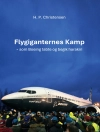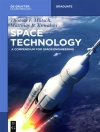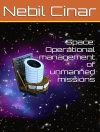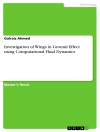Tbe main purpose of this work was to find a way of placing a meaningful scientific payload within the upper atmosphere of Mars such that certain scientific measurements become possible. So the altitude range covered and the possible dwe Il time are relevant design drivers and will be explored in greater detail within this thesis. Either concept of flying on Mars, however, be it heavier or lighter than air (read: heavier or lighter than carbon dioxide) is restricted to altitodes weil below 10 km. Since any sustained !light at that altitode or higher in such a thin atmosphere is teehnically impractical, so is ascending to that altitode with • sounding rocket. Therefore • team of scientists from several research institutes around Europe fonned a scientific committec. Together with engineers and scientists from tbe Mars Society Germany and tbe University ofthe Federal Armed Forces of Germany in Munich (UBW) the committee drafted a reference scientific mission scenario [1] to :find ways to da exactly that: providing an instrument suite with access to a large altitu. de range and. meaningful dwell time (see 10. 3. 1 starting onp. ge 208). Tbc most practical approach was found in an inflatable entry vehicle that can provide the largest and lightest possible configuration. Since 00 such attempts have yet been m. ade, the work described herein focuses mostly on the mathematical thcory and the technical peculiarities of such a system, but also treats mission design and testing aspects. 1.
Tabella dei contenuti
Related Technologies and State of the Art.- Basic Considerations on Probes with Low Ballistic Coefficients.- Ballute Spacecraft Configuration options.- Flight Dynamics Analysis.- Material Analysis.- Ballute.- Transportation and Deployment System.- Inflation Control and Gas Storage System (IGSS).- Mission and Spacecraft Design for Ballute Applications.- Conclusion and Outlook.
Circa l’autore
Dr. Hannes Griebel completed his doctoral thesis under the supervision of Prof. Dr. Bernd Häusler at the Department of Aerospace Engineering at the Universität der Bundeswehr, München. He was ARCHIMEDES Chief Engineer and Programme Manager and is currently working as a Senior Spacecraft Operations Engineer for Mars Express.












